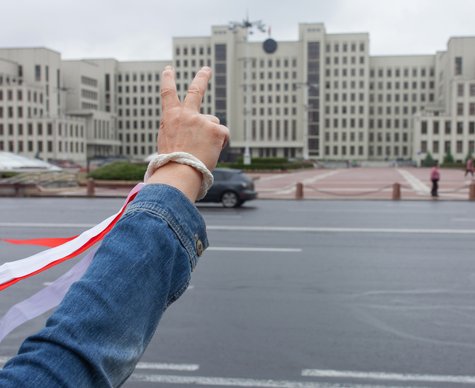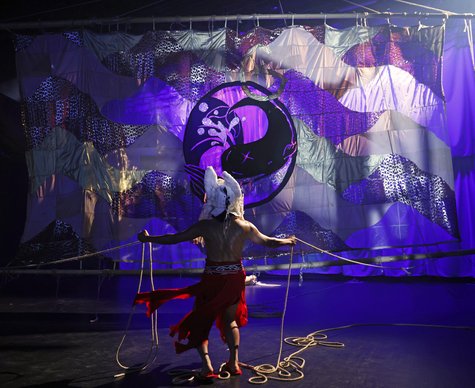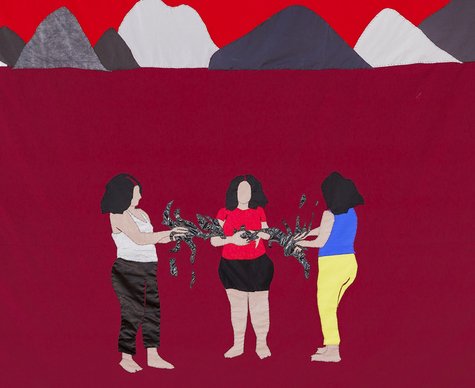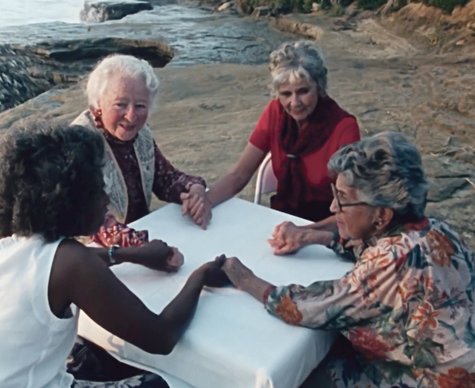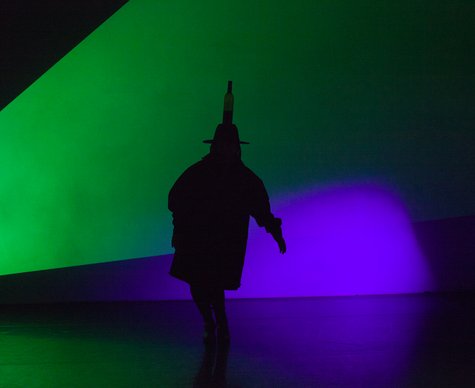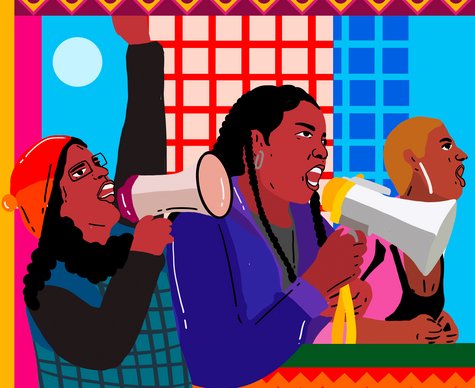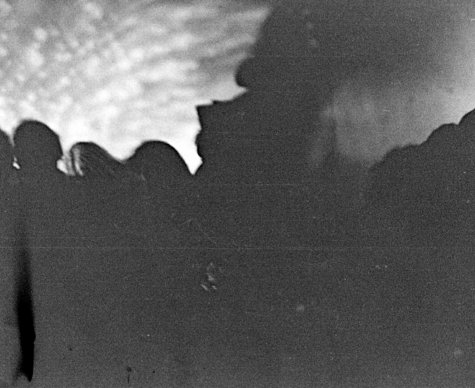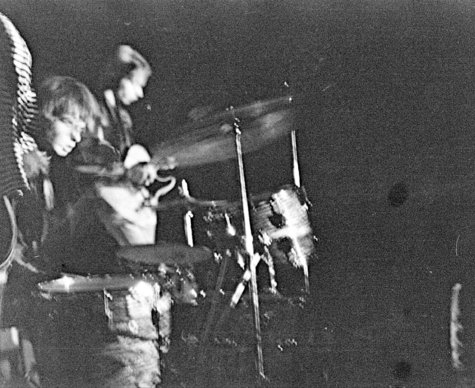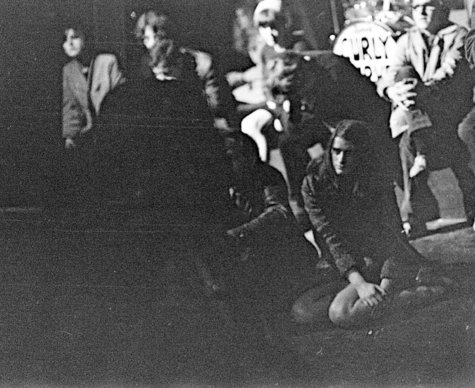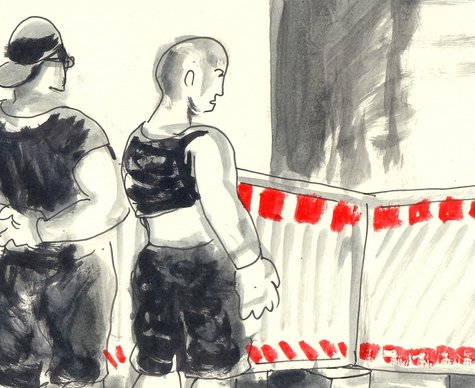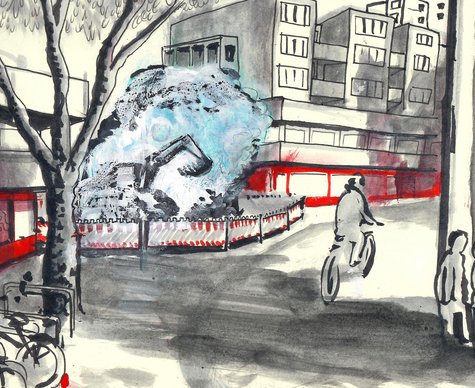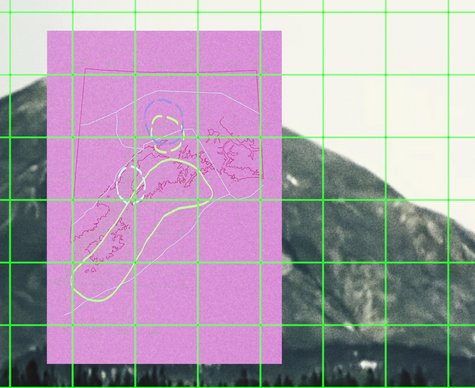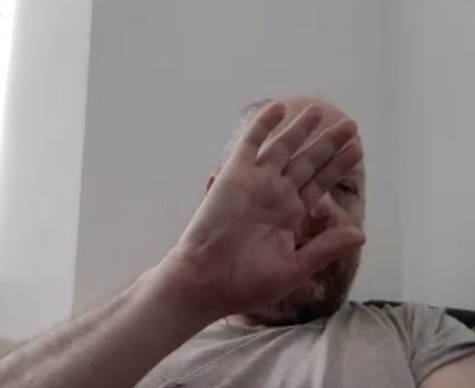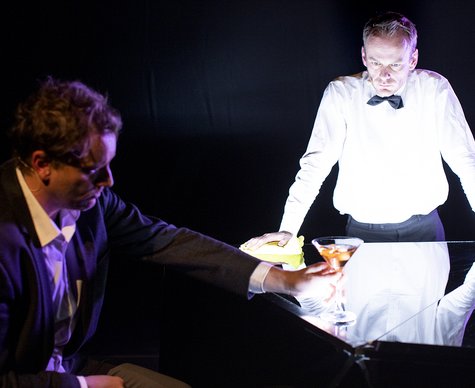Phenomenon Manga – Japanese Comics and 3.11
- Dialogue
It is a well-known cliché that it is largely taboo in Japan to express feelings directly. The sediments of events that are difficult to cope with and wishes that deviate from the norm are carefully locked up and packed away in the products of the culture industry. In this context, it is above all manga in which Japanese culture compresses its experience of collective trauma, which already existed long before atomic bombs were dropped on Nagasaki and Hiroshima, into images of the apocalypse. How have themes and aesthetic codes changed in manga since March 11, 2011? This question will be addressed by Jacqueline Berndt, one of the leading international experts on the genre, using selected visual materials. She has lived in Japan for more than 20 years, and has made her mark on the topic through a wide variety of research projects. Since 2009 she has been professor of comic theory at the manga faculty of Kyoto Seika University, as well as vice-director of the International Manga Research Center, housed at the Kyoto International Manga Museum. Her partner for the evening is Steffi Richter, professor of Japanese studies at the University of Leipzig.
Part of "Japan Syndrome - Art and Politics after Fukushima"
Dates
Location
HAU2
Hallesches Ufer 34, 10963 BerlinThere are two marked parking spots in front of the building. Barrier-free restroom facilities are available. Four relaxed seats are available in the first row of HAU2. Tickets for wheelchair users and accompanying persons can also be booked via the ticketing system. If you need help, please contact our Ticketing & Service team at +49 (0)30 259004-27 or send us an email to
tickets@hebbel-am-ufer.de.
Latest information for arrival:
There is currently a construction site on Hallesches Ufer between Wilhelmstraße and Möckernbrücke underground station. There is a divided replacement route for pedestrians (right) and cyclists (left), which are separated by a yellow ground line. The carriageway is narrowed to one lane.
Travelling to HAU2 via U Hallesches Tor:
If you are coming from Hallesches Tor underground station, you will have to use an alternative footpath from Wilhelmstraße / Hallesches Ufer junction, which is separated from the carriageway by a construction fence – the actual footpath is currently closed. Please note: the alternative route is also used by cyclists. Pedestrians should keep to the right. We therefore currently recommend that visually impaired or blind visitors come to the HAU with an accompanying person.
Arrival HAU2 via U Möckernbrücke:
When you leave Möckernbrücke underground station, please stay on the footpath on the canal side until you reach Hallesches Ufer / Großbeerenstraße junction – the opposite side is currently closed due to construction work.























